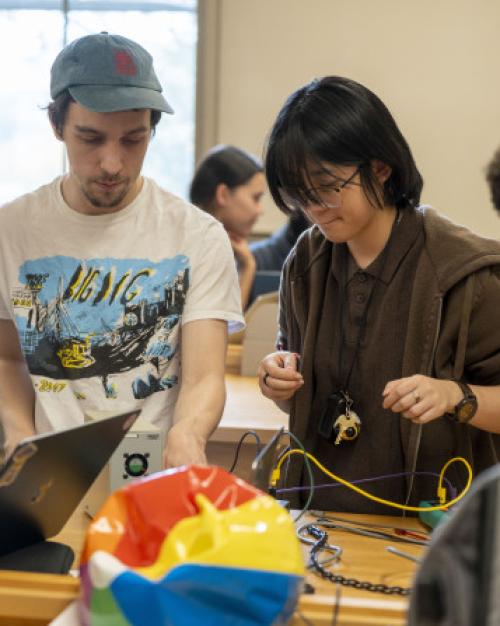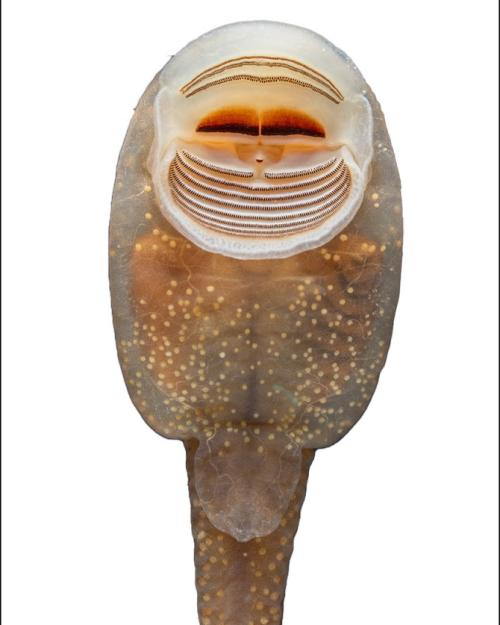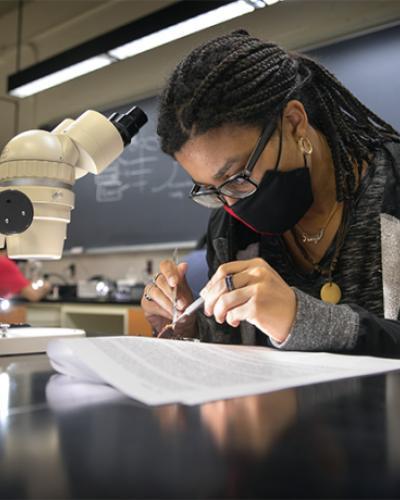From a young age, Jae Bucknor '21 knew that she wanted to enter the public health field to educate and help people. Now as a biological science major in the College of Agriculture and Life Sciences, she’s on a path to pursue personalized medicine.
“If I'm treating someone, I want the treatment to be made for them. Some people are allergic to things. Some people don't process things the same way. But no matter what, the people come first,” Bucknor said. “I was searching for that connection— how people have influenced the science — and not finding it.”
In August, she discovered a new one-credit course called Diversity, Equity, & Inclusion in STEM: The Science Behind Bias (ENTOM 4040), which offered a unique opportunity to contextualize the history of bias and exclusion in science, technology, engineering and mathematics (STEM) fields.
“I didn't learn about any person-of-color inventors, scientists, mathematicians or engineers growing up,” Bucknor said. “I feel if that representation were more present, I think myself and a lot of people wouldn't be as intimidated to explore STEM fields. And I think that would really help diversify and innovate science.”
As a woman of color and only the second person from her high school to attend an Ivy League university in the last 10 years, she saw the class as an opportunity to both reflect on her background and to learn how to shape the future of diversity in STEM.
Bucknor wasn’t alone. When registration opened, the new seminar filled up within hours. Capped at 35 participants, the class includes undergraduates, graduate students and faculty from three Cornell colleges, and their experiences span nine different STEM fields.
“The need for this course was clear,” said Corrie Moreau, lead instructor and the Martha N. & John C. Moser Professor of Arthropod Biosystematics and Biodiversity. “We are all seeking to have a safe place for these important discussions around racism and sexism, homophobia and many other issues that we're grappling within our society.”
In June, Moreau and two graduate students — Drea Darby and Amelia-Juliette Demery — seized the momentum from ongoing racial injustice demonstrations as an opportunity to act. The trio connected through social media and used their shared interests and experiences to build the seminar from scratch.
The course examines the breadth and depth of bias and exclusion in STEM — both across history and multiple axis of identity. They leverage literature to provoke discussion on how women, people of color, people with disabilities and LGBTQ+ individuals have been marginalized by the scientific community.
This article was orginally published as CALS News; photo credit: Lindsay France (UREL).





